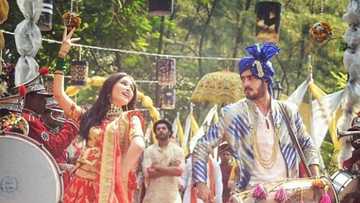Venda culture, wedding, traditional clothing, food, language and facts
The lifeblood of any vibrant community is culture. It is expressed in the way people tell stories, celebrate, entertain themselves, and envisage the future. Customs and traditions have intrinsic, economic, and social benefits. They enhance the quality of life. From the Venda greetings, traditional clothing and other rituals, the Venda culture is phenomenal.
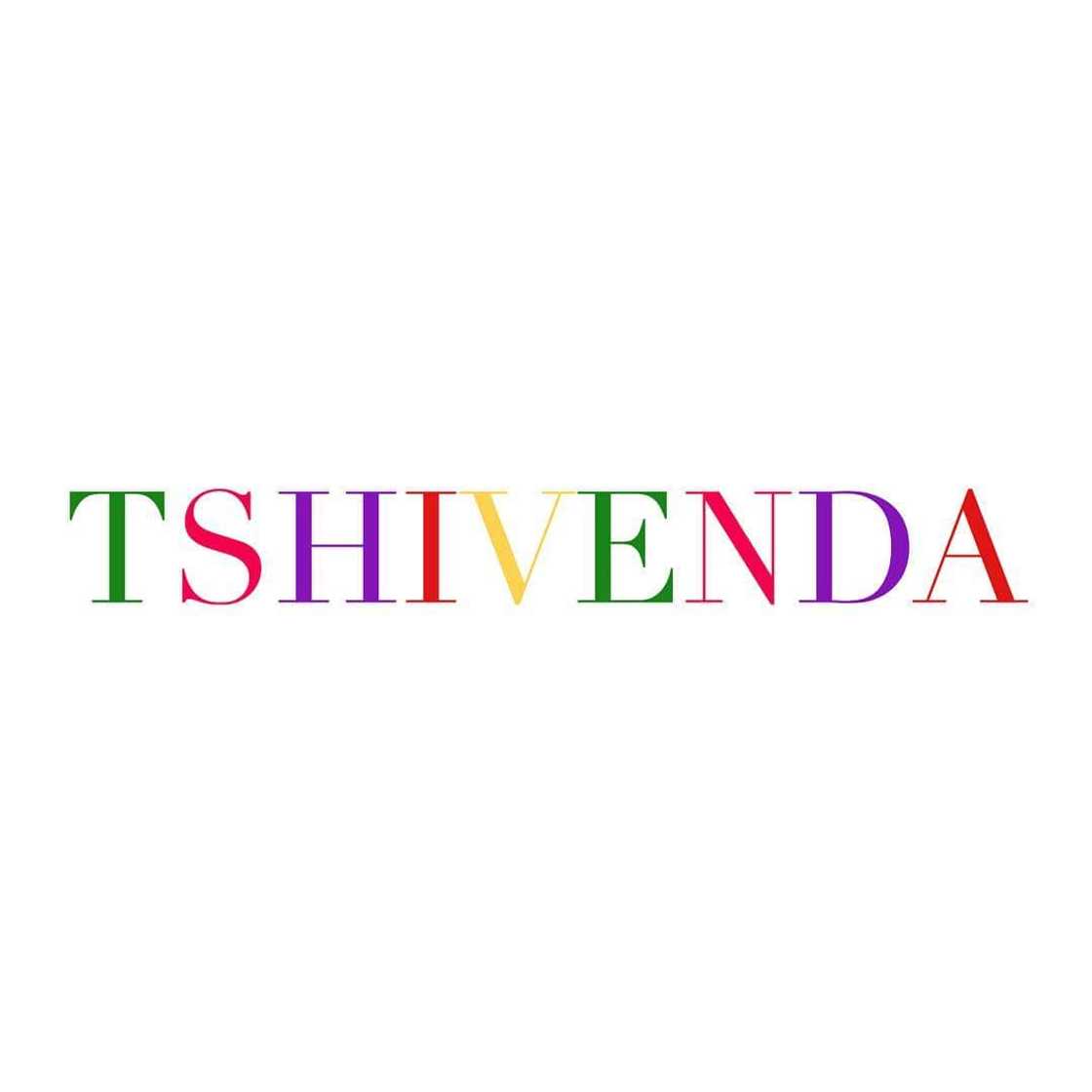
Source: Instagram
What constitutes the Venda culture? The five habits of the Venda culture are dependent on the Venda culture clothing, language, food, religion, weddings, and other rituals. Who was the first king of Venda? King Shiriyadenga was his name.
History of the Venda people
This community is primarily found in the Soutpansberg Mountains, Limpopo Province, South Africa. Where do Vendas come from? They originated from the East African and the Congo rift and migrated across the Limpopo River. Their migration happened during the Bantu expansion.
In the 9th century, the Mapungubwe Kingdom was headed by King Shiriyadenga. The kingdom was vast and stretched from Soutpansberg to Matopos, across the Limpopo River. In 1240, the empire declined, and the community established its first settlement in Soutpansberg.
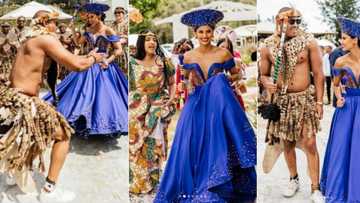
Read also
Tamaryn Green and her fiancé celebrate umembeso, former Miss SA gives Mzansi an inside look
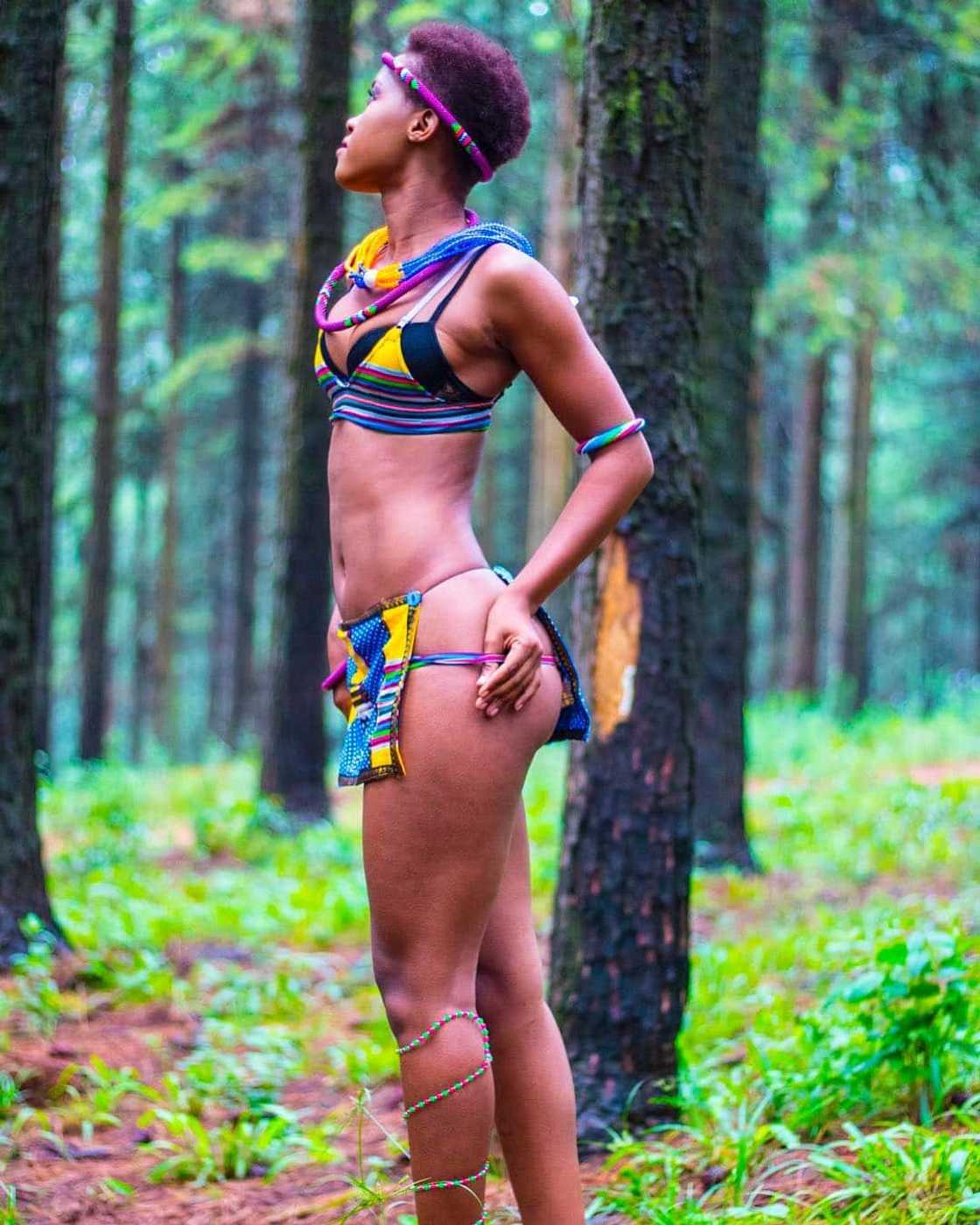
Source: Instagram
Wedding and marriage
In the Venda traditional community, cross-cousin unions are preferable, but not compulsory. A girl’s betrothal to a man can be broken if she dislikes the man, who must also share his consent. Today, it is rare to witness an authentic Venda culture wedding because the traditional practices are slowly diminishing, and more people have relocated to cities and towns.
The community traditionally allowed polygyny. The number of wives that a man got was dependent on his wealth. Chiefs and headmen, who were wealthier, married more women. Older men often married younger ladies to bear them children and to be their caregivers in old age.
After the wedding ceremony, which is usually all about traditional dances and delicious Venda culture food, the new bride lives with her mother in law for a while. During this period, she learns about her husband’s family, his likes, and dislikes. She lives with her mother-in-law until she gives birth to her first child. Afterwards, she moves to her own home.
Personalised Mr And Mrs Date Doormat makes a perfect unique present for wedding or anniversary. This beautiful doormat will decorate the house front door. Replace the surname in the design with the one of the lucky gift receipients and add a date! Buy it now for R540.
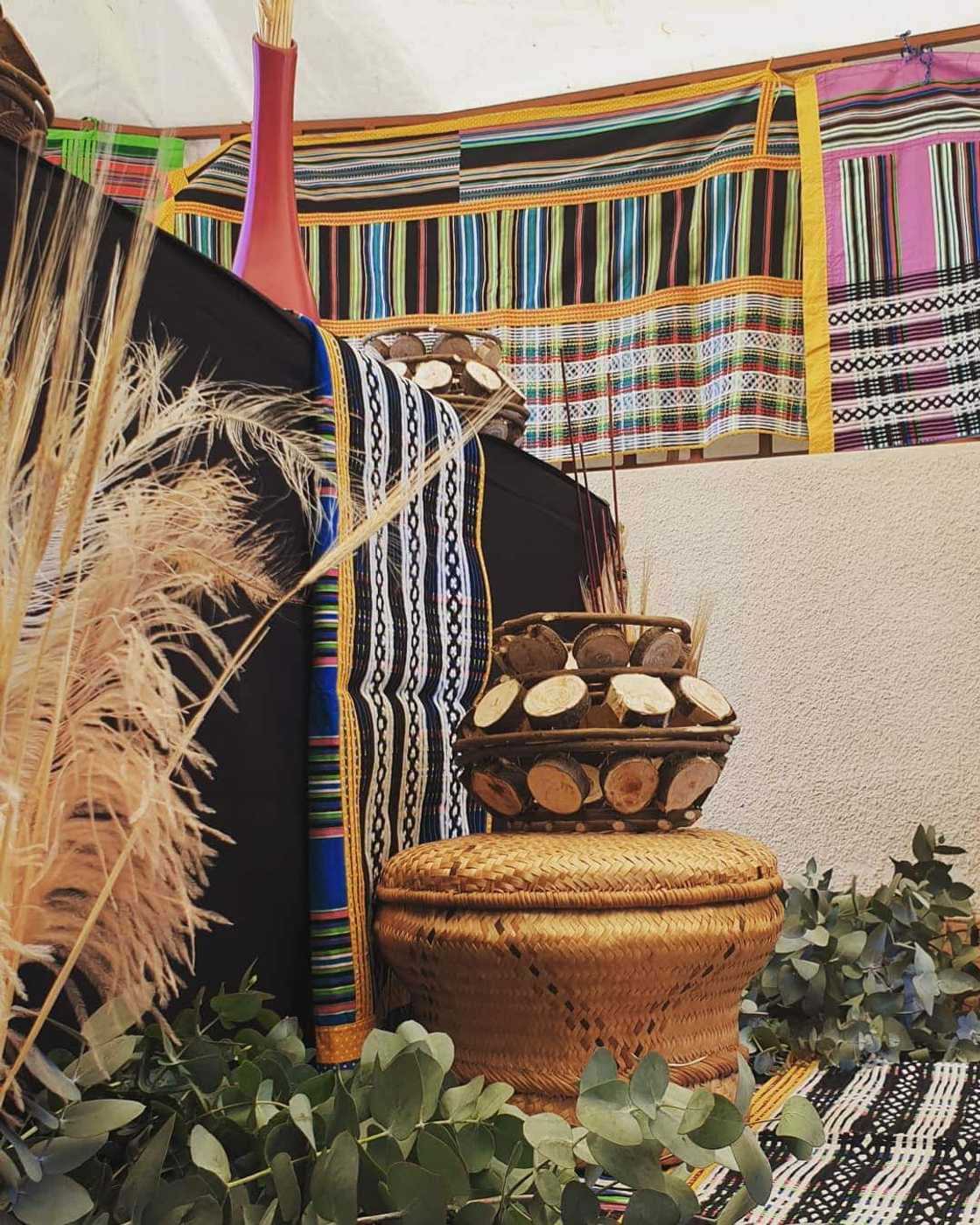
Source: Instagram
Venda traditional dresses
The traditional clothing was made out of animal skins. They got the skins by hunting. In the community, it is believed that ancestors live with the living, and the clothes are scared because they represent their ancestors.
READ ALSO: Popular traditional black South African recipes and South African food
For ladies, the Venda attire was not complete without beads and amulets. Women wore these accessories around the neck. They were ancient accessories because they are passed from one generation to another. When the Venda traditional dress was not complete, it was believed that one risked immediate reprisal from the ancestors.
Gender roles
The community has had defined roles for women, children, and men. Traditionally, mothers worked in the fields. They also ensured that the family has water and maintained the cleanliness of the home. The men were responsible for the cattle and building shelters for their families. When children become of age, they are separated. The boys go out herding while the girls join their mothers and grandmothers in the fields.
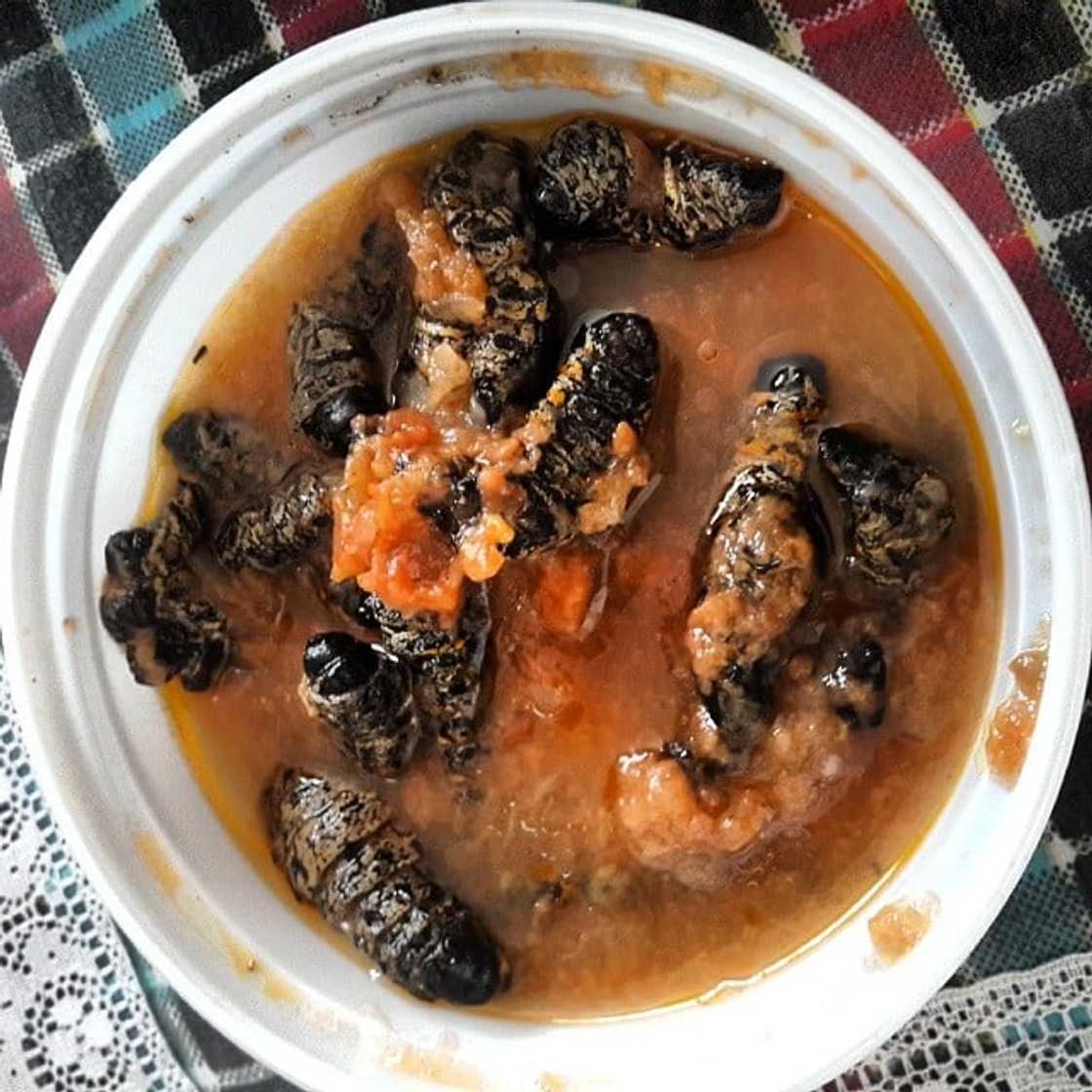
Source: Instagram
Venda traditional food
The traditional cuisine in this community mainly depends on grains and vegetables. Maize is a staple food to date. It is ground then prepared into a porridge that can be eaten plain, as pancakes or as an accompaniment to stews and meat. The main traditional Venda food is Tshidzimba, which is a mixture of beans, groundnuts, and maize.
Enjoy every mouthful even more with this beautiful Carrol Boyes Cake Fork Set. Its contemporary design will complement every dining style. The set includes six gorgeous cake forks. You can also buy this set for someone special and brighten up their day.
From the animals, the people consume milk which is infused with tart baobab flesh to give a distinct flavour. Pregnant women consume the bark of the marula tree who believe that the gender of the tree determines the gender of the unborn child. The marula fruit is healthy and is used to prepare a traditional alcoholic drink.
The community widely consumes Mopane worms which are nutritious. They can either be eaten cooked or dried. They taste like chicken. Other foods that are commonly consumed are beans and groundnuts. The most common fruits include avocadoes, mangoes, oranges, and apricots. In this community, it is taboo to consume pork and other pig products.
Language
The Venda language is also known as Tshivenda or Luvenda. In the 16th century, it became a distinct Bantu dialect. The vocabulary is similar to SeSotho, but it also shares many similar elements with the Shona dialects. Today, it is one of the 11 official languages in South Africa. At least 650,000 people live in Limpopo Province and speak Tshivenda.
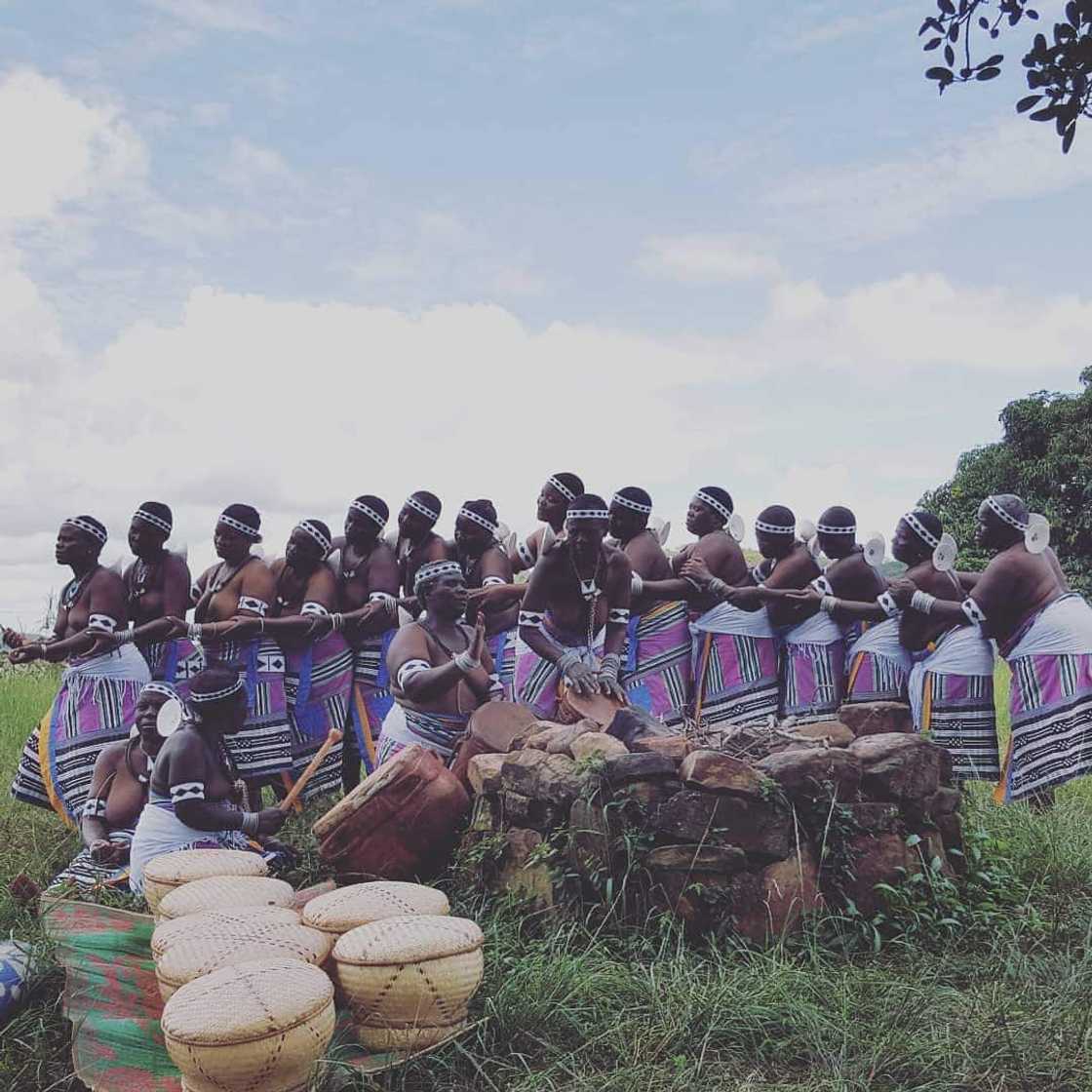
Source: Instagram
Domba dance and other dances
What is domba dance in Venda? It is the most famous dance that is also known as the python dance. It is held annually at Lake Fundudzi, a scared site, to get good rains in the planting season. The dance involves long fluid movements. Usually, small aprons that cover the front and back are worn during the dance.
Another popular Venda dance is the Tshikona dance. It is a male dance that is performed in religious ceremonies, Venda culture funerals, and weddings. Each dancer has a special bamboo pipe that they use to create a melody with other dancers.
Married women perform the Tshigombela dance while young single girls perform the Tshifhasi dance. Both dances are performed when the first green maize cobs appear on their crops. Young men also have dances that they perform during the circumcision period.
What is Venda religion?
The religious beliefs of this community are based on mythical creatures. Water is extremely important, so many sacred sites feature it. Water spirits, Zwidutwane, reside at the bottom of waterfalls. Offerings are taken to them because plants cannot grow under the water. The community does not hunt crocodiles because it is believed that they have poisonous brains.
Venda culture is rich and meaningful. This Bantu community has defined gender roles, and there are many other rituals, beliefs, and dances. The vibrant traditions give the community members an identity in society.
DISCLAIMER: Please note that some of the links in the article are affiliate links and Briefly.co.za will earn a commission if you purchase through those links. However, we always choose only the best quality products that we use ourselves and recommend to our readers. The earnings we get from the affiliate marketing help us continue preparing useful and entertaining content, that our audience enjoys.
READ ALSO: Sotho culture, traditions, food, traditional attire, dance, values, and facts
Source: Briefly News



